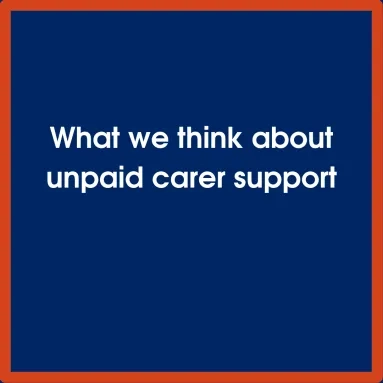Our policy team plays a pivotal role in shaping the external environment for people affected by MND. We are responsible for monitoring, analysing, and influencing legislation, guidance, and policies that impact people affected by motor neurone disease (MND).
We lobby all levels of government and within the health and social care system across England, Wales and Northern Ireland to ensure people with MND receive the best possible care and support available.
We achieve this by leveraging research, expertise, and partnerships to influence decision-makers to facilitate better support, resources, and care for people living with MND and the people that care for them. By actively engaging in policy discussions and working in partnership with people affected by MND, we advocate for the unique needs and challenges faced by our community.
Our position on key challenges faced by the MND community
Our position statements are evidence-based and grounded in the experiences of people affected by MND. They cover what we think about key challenges faced by the MND community and what needs to be done to improve them.
A Neuro Taskforce for the NHS
The MND Association is a member of the Neurological Alliance and backs its call on UK governments to create a Neuro Taskforce. This would start to address some of the problems regarding NHS workforce and services that affect the 1 in 6 people living with a neurological condition like MND.
Current campaigns
We campaign and raise awareness so the needs of people with MND and everyone who cares for them are recognised and addressed by wider society.






